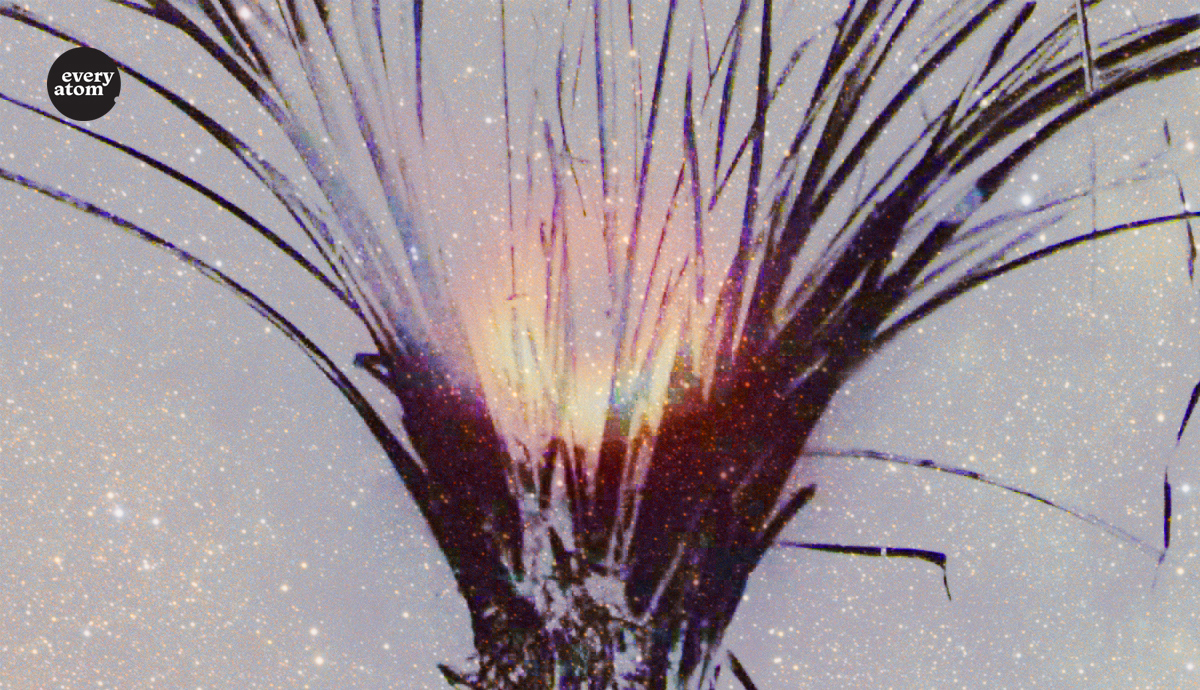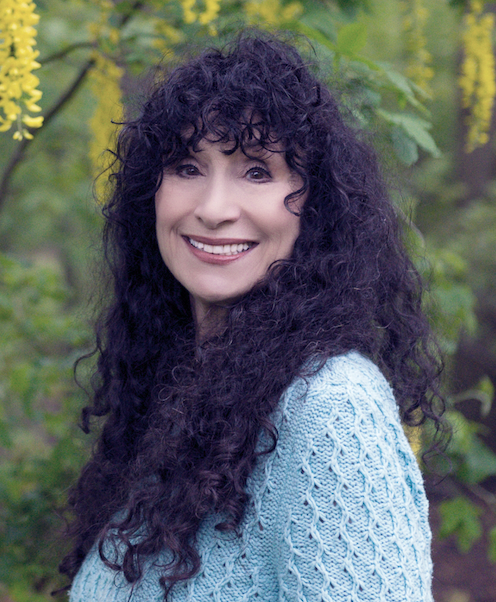Every Atom | No. 83
Introduction to Every Atom by project curator Brian Clements
America had many poets before Walt Whitman, but there was never an American poet before he held the country in the sea-to-sea embrace of his imagination, named its wonders like a latter-day Adam, proclaimed its common men and women to have lives of sparkling beauty and dignity, blessed it as good, and then revealed it to itself in all its bustling, fidgeting, trailblazing, huckstering, big, booming, melting-pot panorama.
Because there was a new breed of American, surfacing in the fast waters of the 19th century, Whitman decided to invent a radically new poetry by translating the revved up mosaic of the daily newspaper into a poetry full of street talk and everyday events, a poetry so plural it sought to sum America, a poetry aggressively intimate that buttonholes the reader, cries with the reader, woos the reader, a poetry written in a breathless, ecstatic style, through which flows the electric of his vast athletic vision, a poetry that celebrates the human body in frank sexual detail, a poetry of catalogues and parading images, a poetry that drastically changed the idiom of poetry by bringing into it all sorts of gorgeous untraditional things like astronomy, Egyptology, carpentry, opera, Hindu epics, census reports: the whole big buzzing confusion of life, which he described as “immense in passion, pulse and power.”
Whitman was the first American poet that the Universe didn’t scare. He wanted to touch and be touched by and leave his mark on all of it. Voluptuously in love with life, his mind was unquenchable and nomadic, always pitching the tent of its curiosity someplace new. He believed a poet’s duty was to change people’s lives by teaching them how to see, by throwing a bucketful of light onto the commonest things. And he believed that perfecting his own life was essential to perfecting his art. Indeed, he became the embodiment of the 19th Century’s ideal, the “self-made man,” and was self-reliant, robust, obsessed with the physical. Leaves of Grass is, among other things, a journey of self-discovery whose message is that you can change your personality, change your fate, invent the self you want.
Whitman really only wrote one poem, although he added to it lifelong, and sometimes made separate books of it. It was the great poem of being, the great epic of life in America, in the solar system, in the Milky Way, in the infinite reaches of space, a cosmos riddled with black holes (proposed by geologist John Michell in 1753). He began with a microscopic eye focused on the beauty of the lowliest miracle, say a leaf of grass, and then stretched his mental eye out to the beauty of the farthest nebulae. An earth-ecstatic, he was not a church-goer but deeply religious. If there is no choired heaven in his poems, there is also no death: “I bequeath myself to the dirt,” he wrote, “to grow from the grass I love,/If you want to find me again look for me under your bootsoles...” He taught people that way of beholding Nature which is itself a form of prayer.
[An alternate version of this text appeared in "Panes of Glass" in the Spring 2005 Virginia Quarterly Review.]
Recommended
Nor’easter
Post-Op Appointment With My Father
Cedar Valley Youth Poet Laureate | Fall 2024 Workshop







